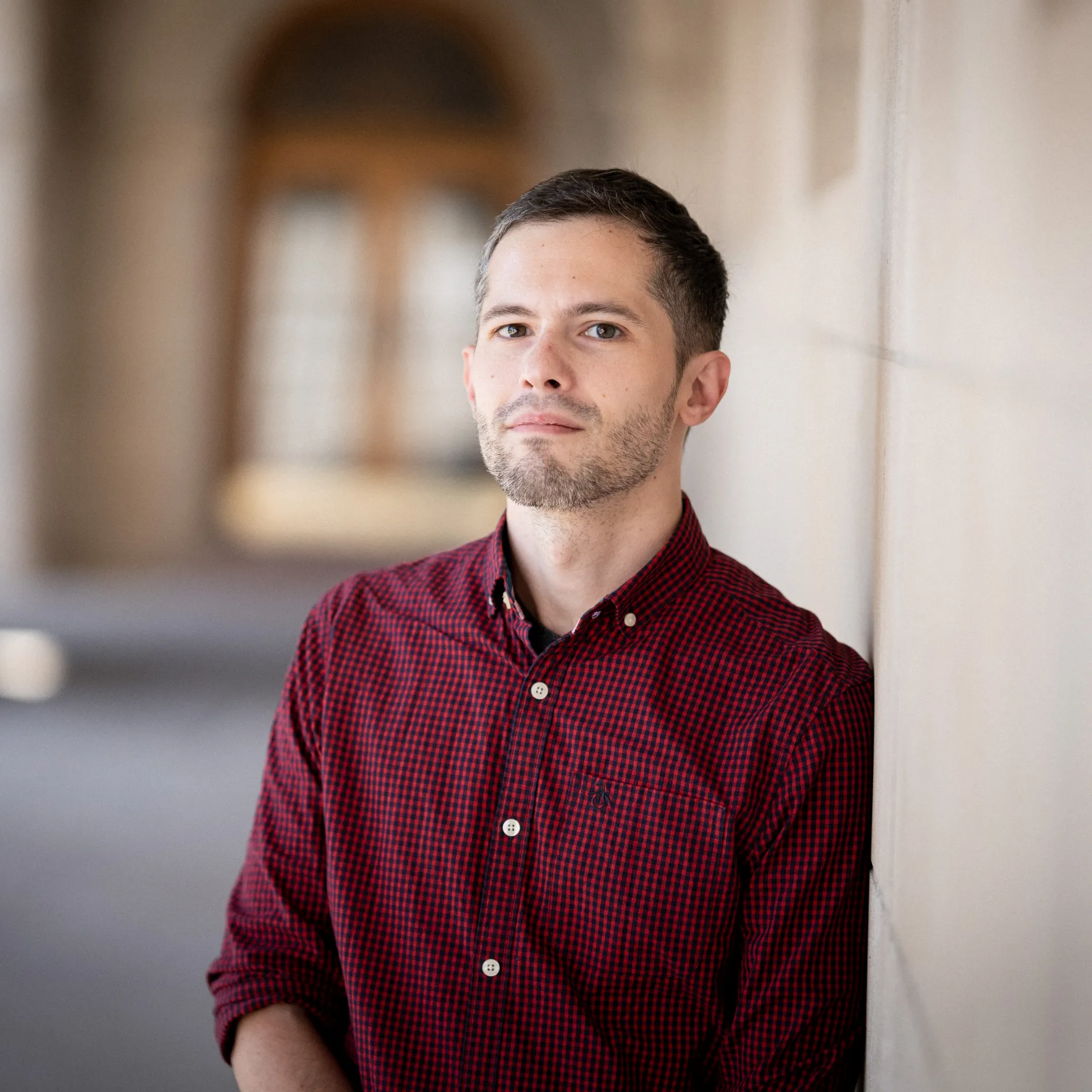Dr. Alessandro Poletto teaches courses on East Asian religions.
Alessandro Poletto (he/they) specializes in the social and religious history of premodern Japan, with an emphasis on Buddhism in the early medieval period (tenth to the thirteenth century). He earned his PhD from Columbia University in 2020 with a dissertation entitled “The Culture of Healing in Early Medieval Japan: A Study in Premodern Epistemology,” in which he examined discourses and practices concerning healing and disease, with particular attention to the relationship between Buddhist healers and other technicians involved in the treatment of illness, namely court physicians and onmyōji. His other research and teaching interests include the understanding and ritual resolution of natural disasters in premodern East Asia, the history of the cultural exchanges between the Korean peninsula and the Japanese archipelago, and Buddhist material culture and archeology in East Asia.
His current research focuses on the material and textual dimensions of various types of deposits — within statues or under the ground — in order to get a grasp of Buddhism as practiced by lay Buddhists in early medieval Japan. Dedicatory or votive materials discovered inside Buddhist statues or in underground deposits (commonly known as kyōzuka) illustrate the motivations behind the undertaking of a certain burial of sutras, or the production of a copy of a specific sutra, allowing us to see the hopes, aspirations and anxieties of the people engaging in such practices, but also the ways in which they attempted to shape their destinies, and those of deceased dear ones, through their dedicatory good acts.
Before joining Washington University, Alessandro was a JSPS postdoctoral fellow at Kyoto University. He holds a B.A. from the University of Naples “L’Orientale,” and an M.A. from Osaka University.

